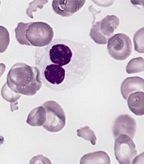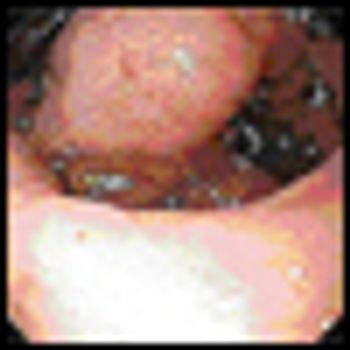Priming of leukemic cells with cytokines may enhance the efficacy of cell-cycle chemotherapy. In this study, we utilized these synergistic effects of granulocyte-macrophage colony-stimulating factor (GM-CSF, sargramostim [Leukine]), hydroxyurea, and low-dose cytosine arabinoside to treat elderly patients with acute myelogenous leukemia (AML) or myelodysplastic syndrome (MDS). In a single-institution, retrospective study, we evaluated 94 treatments with concomitant hydroxyurea, cytosine arabinoside, and GM-CSF between the years of 1997 and 2003 in high-risk elderly patients with AML or MDS. A total of 80% of patients received all of the GM-CSF doses; 78% of patients received all of the cytosine arabinoside doses. Adverse events were minimal. No patient developed mucositis or alopecia. The most common adverse event was neutropenic fever, which was noted in 57% of patients. Twenty-one percent of patients remained neutropenic after treatment until death or relapse. Sixty-eight percent of patients reached an absolute neutrophil count of greater than 1,000 μL in a median of 33.5 days. Our data show an overall response rate of 52%, with a complete response rate of 39% and a partial response rate of 13%. Overall, our study showed that low-dose cytosine arabinoside given by continuous infusion together with continuous infusion GM-CSF and hydroxyurea was well-tolerated and effective in treating elderly AML and MDS patients who were not eligible for standard induction therapy.





































